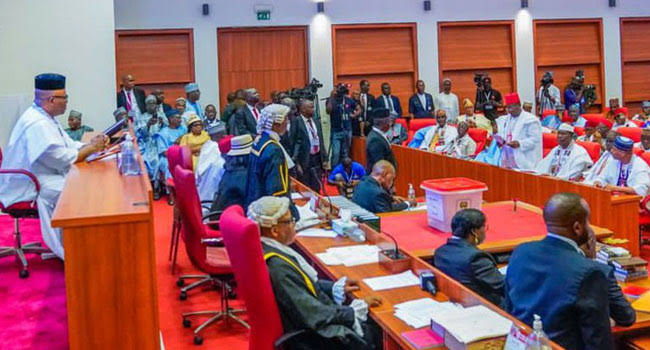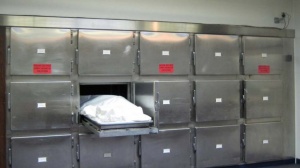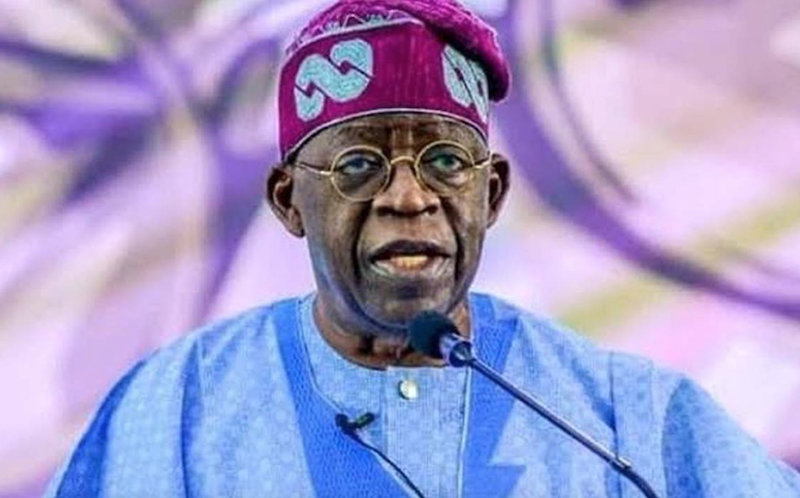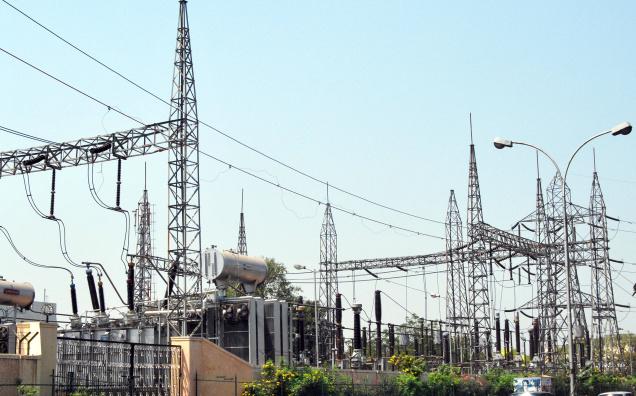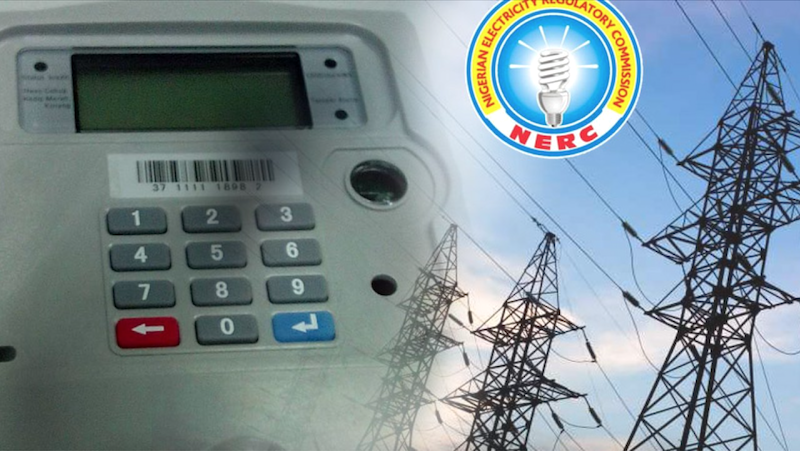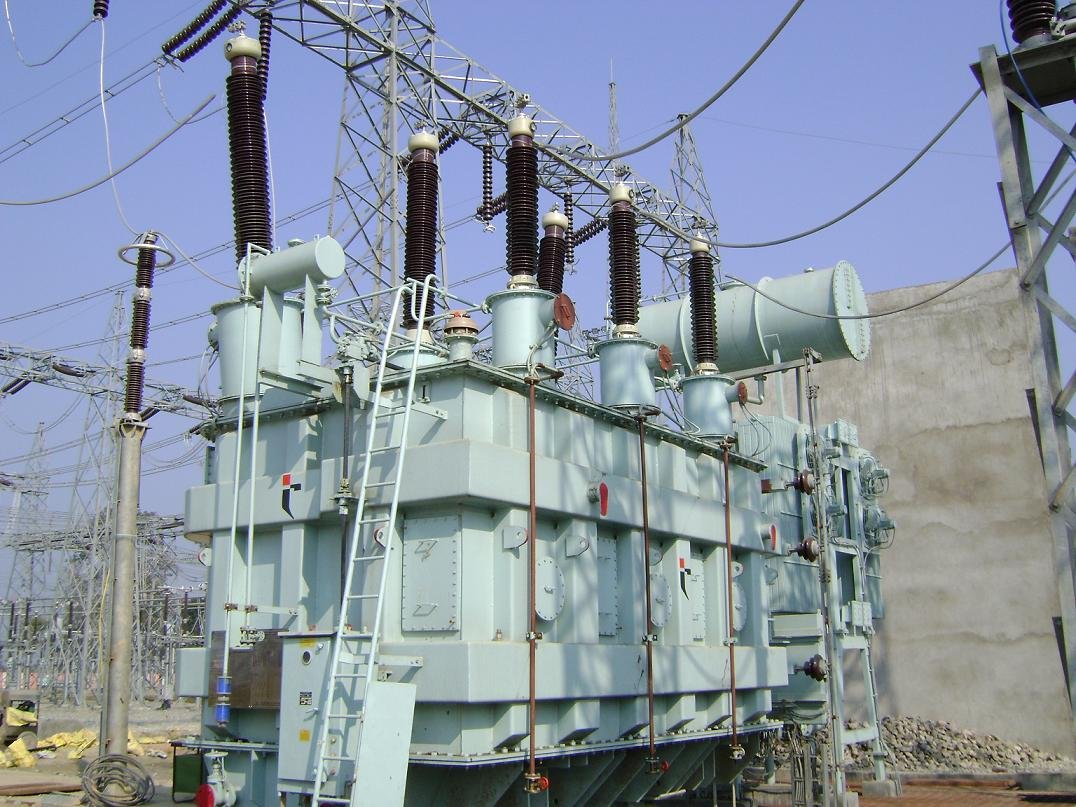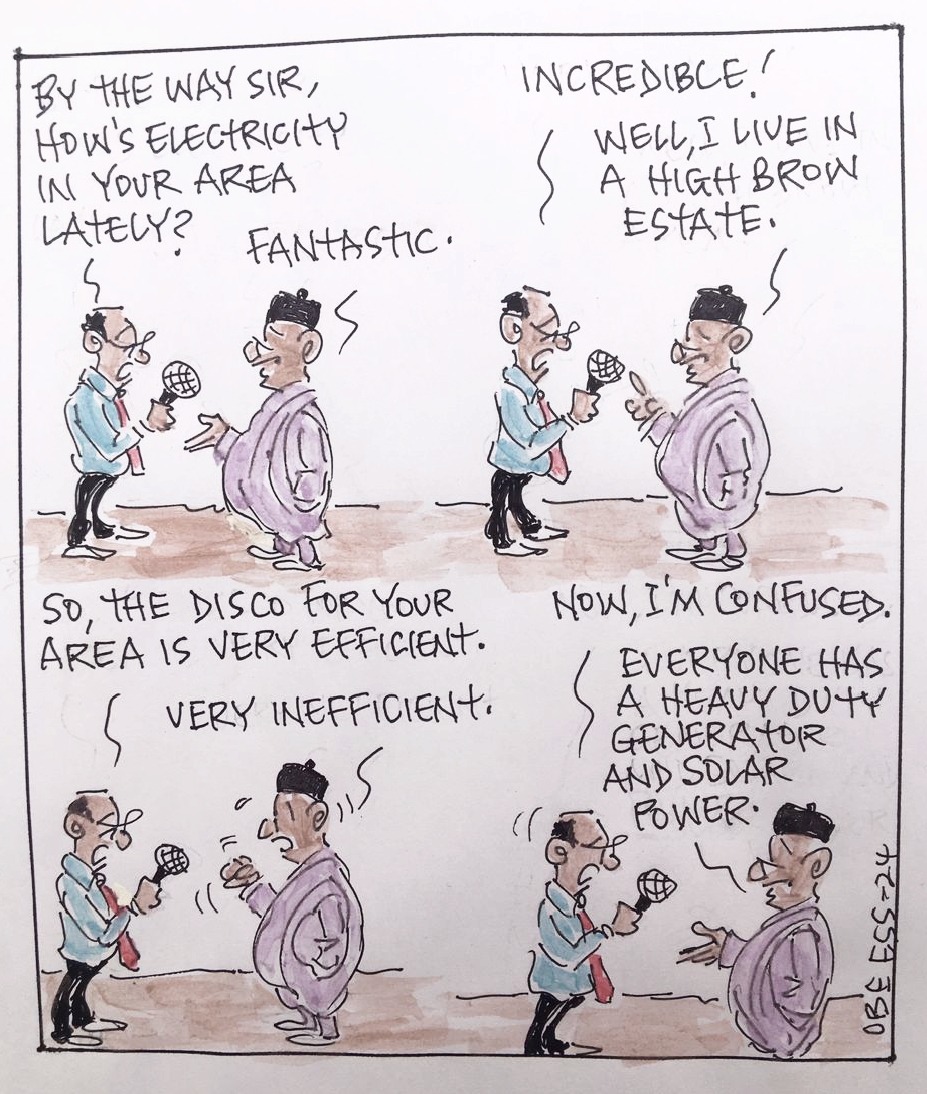The Minister of Power, Mr Adebayo Adelabu, says the Federal Government is committed to settling more than three trillion Naira debt it inherited in the power sector.
Adelabu said this in Abuja on Wednesday when he briefed newsmen.
“Today, we owe the Power Generating Companies (GenCos) a total of N1.3 trillion, out of which 60 per-cent of it is being owed to gas suppliers.
”We have a legacy debt of 1.3 billion dollars prior to 2014 to gas suppliers companies at today’s rate that is close to two trillion Naira.
“If you add the two trillion Naira legacy debt to N1.3 trillion owed the GenCos, we have an inherited debt of more than three trillion naira in the power sector.
“How will the sector move forward? Nigerians deserve the right to know and we are working underground to resolve these issues,” he said.
According to him, the Federal Government plans to settle the existing sectoral outstanding debt obligations to the gas supply and power generation companies, using partly cash payment and guaranteed debt instruments.
Adelabu said that the Ministry of Power was liaising with the Ministry of Finance, Budget and Economic Planning, and office of the Special Adviser on Energy to the president to settle the outstanding debt.
“We are also working with the Minister of State for Petroleum Resources (Gas), to have a working arrangement for firm gas supply contracts for the Gencos.
”And possibly agree on gas to power domestic supply pricing in local currency to reduce price fluctuations,” he said.
According to the Minister, said the issues with the electricity supply value chain are multiple simple technical operational problems across all segments in the value chain.
According to him, these issues are made complicated by lack of sustaining liquidity and infrastructure funding as well as structural misalignment.
He listed the simple technical issues to include inadequate shortage of gas supplies and aging dilapidated generation machineries.
“Causing below optimal capacity utilisation leading to short supply by the GenCos,” he said.
Others he said include inadequate power evacuation capacity at Genco locations, coupled with unstable and fragile transmission lines devoid of automated frequency controls.
”Lacking in fail-over or back-up capacity with frequent human disturbances through vandalism and theft.
”Aging weak distribution infrastructure (lines and transformer) coupled with huge meter gap causing unbearably large technical and collection losses.
“These are issues that look so simple on the surface and should ordinarily require little efforts to fix over time, ”he said.
The minister said that it had been difficult to get these problems fixed over the years due to the complications wrapping the entire value chain end to end.
Adelabu said that the road map to stabilising the sector in preparation for turn around and transformation was the
settlement of existing sectoral outstanding debt.
He said that there was also the need for
a national discourse on the nation’s perspective to electricity supply, commercial product or social service.
“There must be an agreement across divides on how we define electricity.
“Depending on the outcome of the above, either implementation of a cost reflective tariff or a cashed backed Federal Government guaranteed subsidy funding regime to inject liquidity into the sector.
”Increased investments across the value chain for infrastructure improvements, capacity expansion and transmission automation.”
The minister said that diversification of power generation to absorb renewables and facilitate the nation’s journey to energy transition target was key.
He said that the roadmap would encourage distributed power strategy in conjunction with sub- national government focussing on embedded power model.
This he said would reduce pressure on the national grid, and ensure alternative electricity supply to Electricity Distribution Companies (DisCos).
The minister said that the development of a rural electrification plan from a bottom up and a top down approach to identify the unserved and the underserved rural and sub urban communities was required.
According to him, this will enable the government to direct targeted subsidy through rural electrification agencies at a national and sub national leve.
”Using renewables (small hydro, solar micro grid, solar home systems and wind technology.
”Develop and expand capacity for sectoral regulation, technical inspection and sectoral expertise.
Adelabu also said that there were ongoing activities in the ministry of power and its agencies to improve power supply.
He said that these activities include the
augmentation of the hydro plants: operational capacity. and thermal power
”The recent completion of the 700 Megawatts (MW)0 Zungeru Hydro Electricity Power Plant in Niger State.
”Financing the required infrastructure to enable complete evacuation of the 40MW Kashimbila Hydro Power Plant in Taraba using Promissory Note facility at the Debt Management Office (DMO).
”Resuscitation of abandoned 26 small and medium size hydro plants across the country with solar hybridization.
“This will adopt embedded power model with connectivity to the regional Discos distribution network.
Others he said are completion of the 20 MW Wind/Solar hybrid power plant in Katsina.
“Completion of infrastructure require for complete evaluation of the 30 million Gurara Dam Power Plant.
“Re-visitation of the abandoned 15 IPP Solar plants in the Northern part of the country, and developing an IPP solar auction with the support of the World Bank,” he said.
